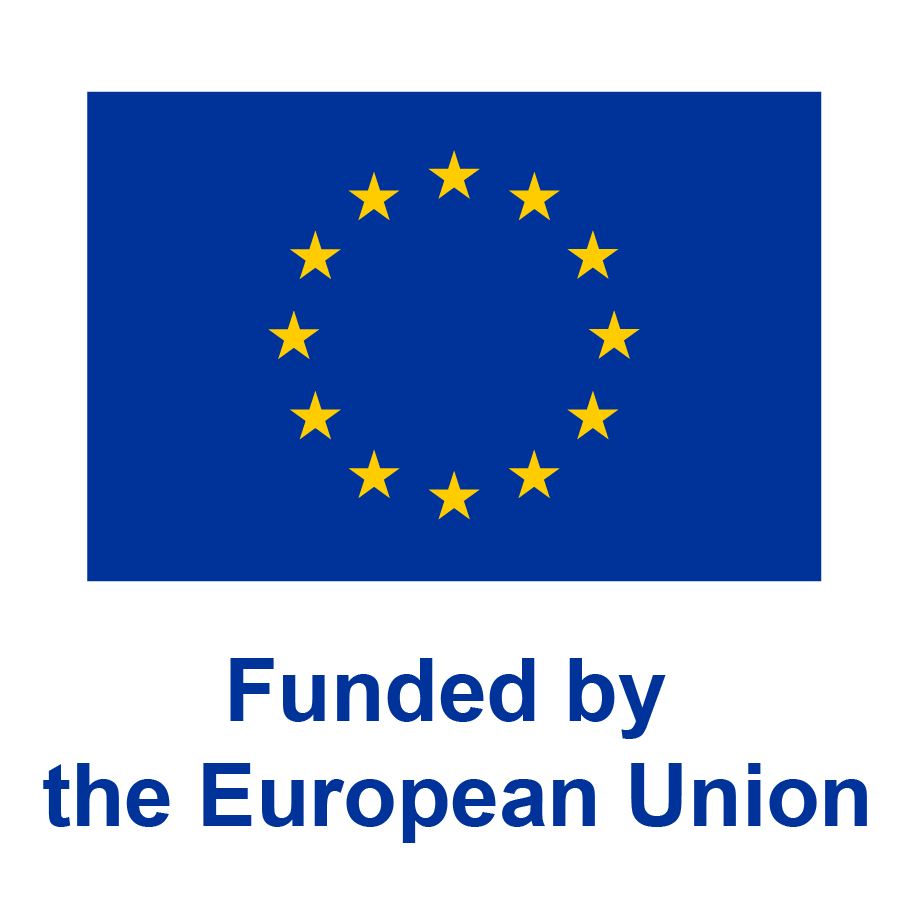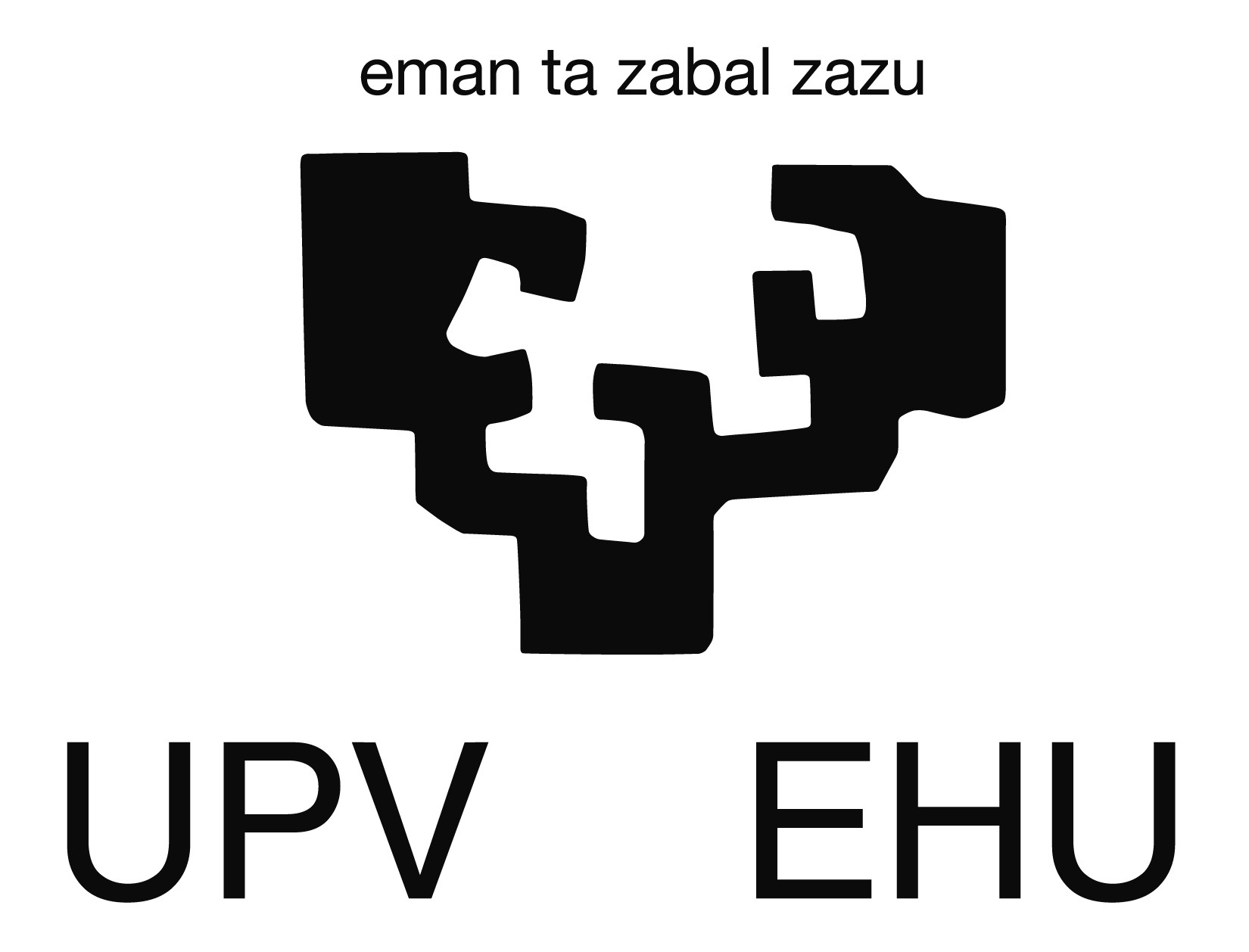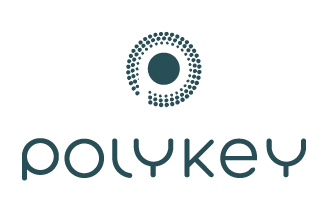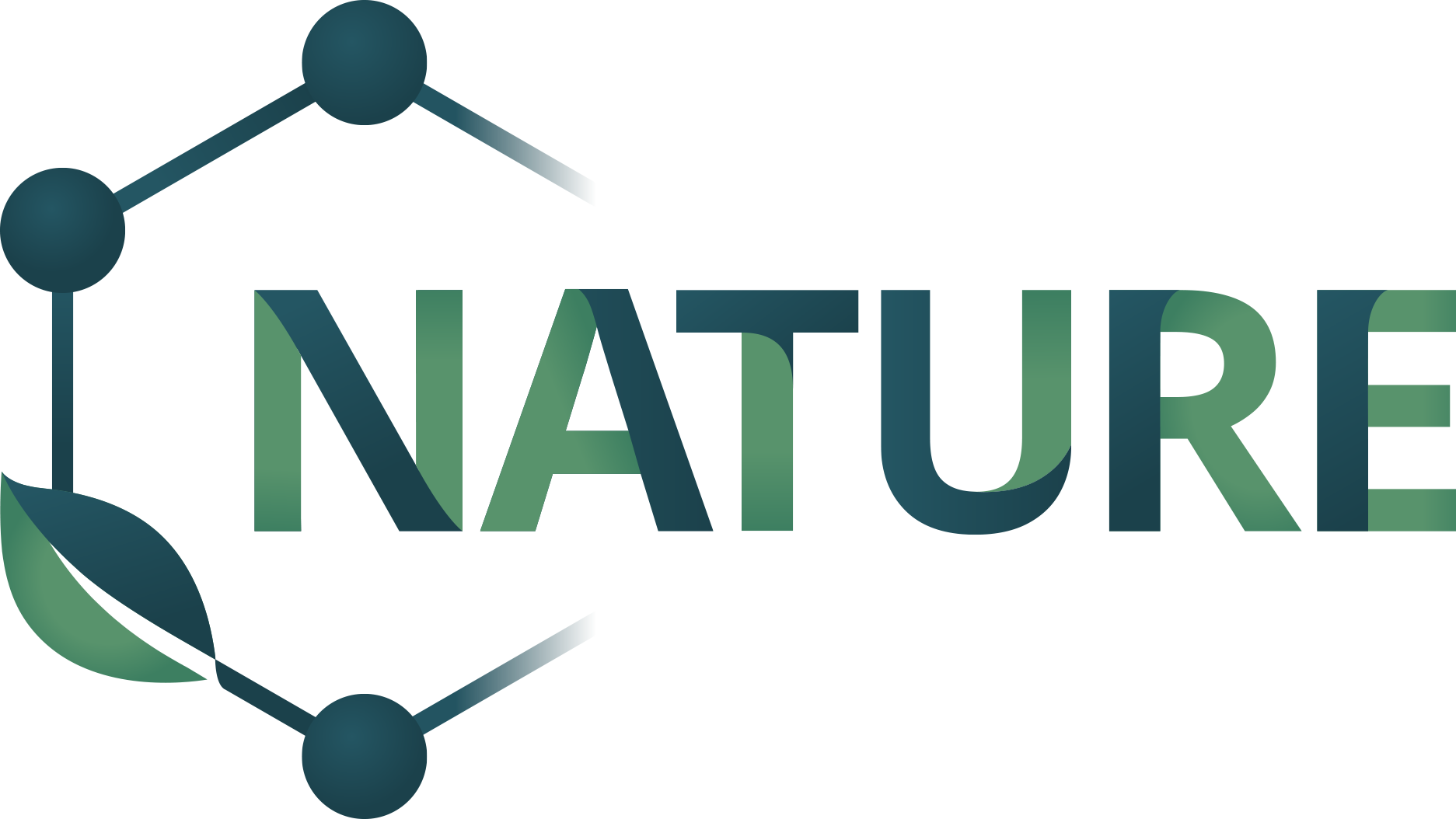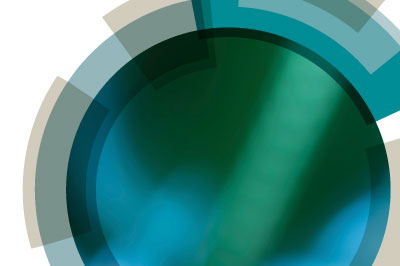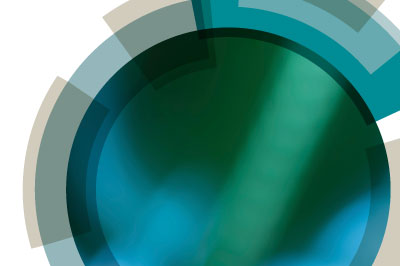Is a circular economy for plastics possible?
🗓 May 22-23, 2024
📍Carlos Santamaria zentroa, Universidad del Pais Vasco, Donostia-San Sebastian, Spain
🏷 One day €75, both days € 100, with coffee and lunch break included
📎Registration available until May 5 checking the events page in haritzsardonlab.com
The event was imagined inside Nature and Polina projects, organized by Polymat and Polykey with the support of the European Commission.
The transition towards a circular polymer economy is increasingly encouraged by the global concerns on the emission of greenhouse gasses and depletion of resources related with the polymer industry and the environmental impact of the mismanagement of plastic wastes. Want to know the latest breakthroughs on the topic? Then join us in San Sebastian (Spain) on the 22nd and 23rd of May for a two-day seminar on the future of plastics, for transforming the polymer industry from a damaging linear production of plastics to a virtuous circular economy.
Program
Day 1: Renewable resources for more circular plastics
Polymers synthesized from renewable sources stand as sustainable alternatives to petroleum-based polymers because they are produced from biomass derivatives or recycled raw materials. Immense challenges remain for these plastics to significantly contribute to a more circular plastic economy as they only represent 1% of the current plastics production worldwide.
The talented speakers of day 1 should help us understand what these challenges are and how they are about to be overcome with new processes, innovative catalysis methods and efficient technology transfer.
Karolien Vanbroekhoven / Flemish institute for technological research (VITO, Belgium)
Biorefineries and industrial trends – biobased building blocks: what’s on the move?
Sylvain Caillol / CNRS, University of Montpellier (France)
A journey around circularity in polymers, from renewable resources to recycling
Luis Cabedo Mas / University Jaume I (Spain)
Integration of Biodegradable Plastics into the Circular Economy: Challenges and Opportunities
Philip Scholten / Bloom Biorenewables (Switzerland)
Sustainable production of high-performance bio-based chemicals and materials
Day 2: Circularity in Light-Mediated Additive Manufacturing
Additive Manufacturing (AM) has the potential for both reduced energy consumption and less polymeric material utilization. As the name implies, AM contrasts with subtractive processes, as it relies on the layer-by-layer deposition. This allows geometric designs of 3D objects with unprecedented complexity with reduced waste generation. Among AM methods vat photopolymerization (VP) techniques are well established and considered one of the advanced AM techniques owing to the improved efficiency and printing resolution. However, little attention has been paid to the sustainability of the process in line with the industrial requirements.
Speakers from day 2 will help us to understand the key design parameters for next generation materials for AM, and how to increase the circularity of products derived from AM ensuring that this industrial revolution does not create a new plastic waste problem.
Timothy E. Long / Arizona State University (USA)
Explanation of different light mediated AM techniques, emphasizing the importance of process design for getting the best performance of each of them
Joe DeSimone / Stanford University (California, USA)
Industrialization of AM; Successful example of Continuous Liquid Interface Production (CLIP) process
Haritz Sardon / Polymat – UPV/EHU (Spain)
Sustainability aspects related with VAT AM from biosurced monomers to recyclable resins
Eva Blasco / Heidelberg University (Germany)
Miniaturization and functionalization of AM from small scale system to living 3D objects
Full program and abstracts available in haritzsardonlab.com!
Registration is open! Hurry up to join us in San Sebastian!




